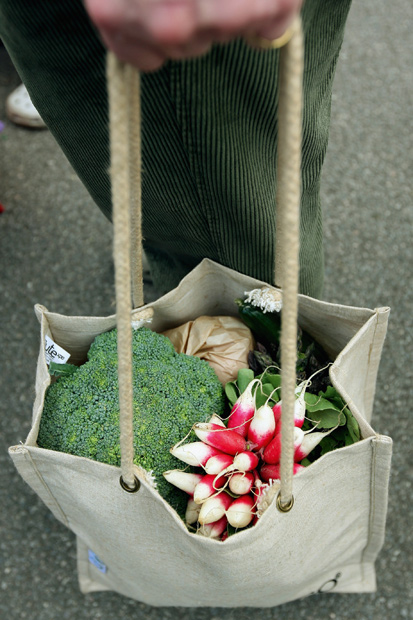Author has late-blossoming romance with authoress, both divorcees, and they live together in a cramped house in Harrogate full of stepchildren and then buy a derelict summer house surrounded by vast maize fields in the Charente-Maritime, but are no good at DIY, and they make friends with the locals who help them build a walled garden. They write books. Author is talkative and likes company; authoress prefers silence and solitude. They move from Harrogate to Oxford. One of them has to die first, and it’s the authoress, and it’s cancer, and the author is left bereft and describes the experience all too well.
That, in a nutshell, is this book. Good books about being old but feeling young are rare and this is one. Brian Thompson knows how to keep the reader reading. Don’t go on about anything for too long and be honest. The authoress is Elizabeth North, or ‘Liz’, and Thompson admits that this relationship was ‘an exercise in asymmetry’ — reminding us that there’s no need for people to be alike in order to be in love.
This is the third part of Thompson’s trilogy of memoirs, the first of which, Keeping Mum, won the Costa Biography Award in 2006. It does help to have read this first, because Thompson’s childhood explains his excessive awareness that he and Liz come from different social classes — she the beloved daughter of an admiral, he brought up in the back streets of Cambridge by bickering parents full of loathing for everything and everyone. Thompson was ‘rescued from actual ruination’ by passing the 11-plus and getting into the local grammar school. If you know about all this, you will excuse (almost) his multiple mentions of the fact that he went on to read English at Cambridge.
In portraying his and Liz’s unique meeting of minds, Thompson does relay quite a few mock-rows verbatim, and this can be annoying. You know when you visit couples and they have a mock-row in front of you just to show you how in love they are? Well, you do find yourself walking into a few of these in the book. I was about to say, ‘Oh, do stop this show-offy stuff’, when Thompson suddenly admitted that there was real trouble in the relationship; far from being mock, the row on page 164 is real. ‘We were marching in a rut. I felt I was being consigned to the role Liz had devised for her former husband, which was to be a necessary but clumsy adjunct to her real (yet hidden) self.’ A period of ‘icy civility’ follows — ‘No crockery was thrown, no kitchen knives flourished. But of course I had been raised in a house where there was nothing but quarrels. It was the poison in my blood.’ Thompson is a truth-teller.
You might find some of the anecdotes about the French locals rather tiresome and Peter Mayle-like, too. Old Mère Pasquet, who always walks down the middle of the main road, having done so ever since it was made of mud and only travelled on by tractors, whereas now she is passed on both sides by huge lorries and speeding cars… and so on. I didn’t mind these, but what I did mind was Thompson’s constant dropping-in of French words and phrases, a great many of which were wrong. ‘He was what the French call ‘un originale’. No — ‘un original’, surely. ‘It was this word — patrimonie — that had attracted me.’ No — ‘patrimoine’. Don’t flaunt your French if you can’t get it right. In fact, the mistakes were so manifold — accents missing all over the place, ‘j’etais’ and ‘bien sur’ — that I became almost gleeful with the red pen, looking forward to the next bit of French in order to spot the howler, like one of Thompson’s own malicious grammar school masters. ‘Soyaitez les bienvenus.’ Wrong, boy!
Still, for his insights and his readiness to anatomise the bad as well as good things in daily life, Brian Thompson is an author worth reading.
Got something to add? Join the discussion and comment below.
Get 10 issues for just $10
Subscribe to The Spectator Australia today for the next 10 magazine issues, plus full online access, for just $10.
You might disagree with half of it, but you’ll enjoy reading all of it. Try your first month for free, then just $2 a week for the remainder of your first year.











Comments
Don't miss out
Join the conversation with other Spectator Australia readers. Subscribe to leave a comment.
SUBSCRIBEAlready a subscriber? Log in